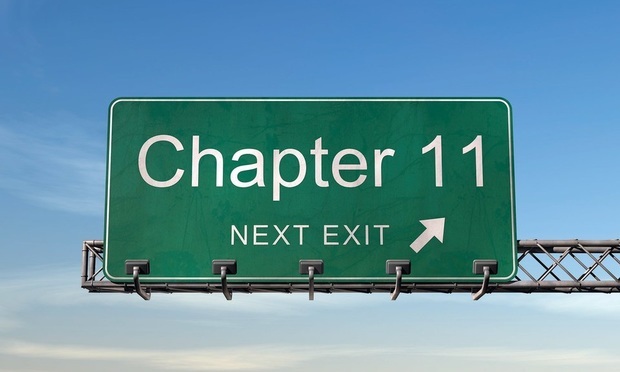COVID-19 is continuing to force corporations into bankruptcy, which could mean further deterioration in office fundamentals.
As of Sept. 7, 470 companies have gone bankrupt in 2020, which is more filings than during any comparable period since 2010, according to an S&P Global Market Intelligence analysis.
There was some good news as the number of companies filing bankruptcy declined from 71 in July to 55 in August, according to S&P Global Market Intelligence.
If corporate bankruptcies proliferate, office landlords could also find themselves facing financial stress.
Some companies are already mobilizing for opportunities that will come out of these bankruptcies. BH Properties is launching a $200 million debtor-in-possession platform to act on a wave of bankruptcies and defaults in the coming months.
“We’ve already seen a number of high-profile bankruptcies and we’re only four months from some of the first shutdowns,” Andrew Van Tuyle, senior managing director at BH Properties, told GlobeSt.com in early August. “For many of these companies, bankruptcy was inevitable; the pandemic just accelerated the process. However, there are still a number of foreclosure and eviction restrictions in place as well as government subsidies that will eventually expire and likely cause a new wave of defaults, evictions and foreclosures. Many tenants won’t be able to survive the prolonged lack of revenue, and we don’t know what commerce will look like post-pandemic. We are expecting to see lots of bankruptcies on both the tenant and landlord side for quite a while.”
Retail landlords are already bracing for a wave of tenants going out of business. In July, a Moody’s Investors Service Inc. report said that overall the pandemic has been bad news for US retailers’ credit quality and CMBS loans for retail properties but concluded that the impact varies across the sector.
The S&P Global Market Intelligence analysis includes public companies or private companies with public debt. But those won’t be the only ones vacating space. For smaller firms, it may not make sense to file for bankruptcy.
Luis Martinez-Monfort, founding partner of law firm Gardner Brewer Martinez-Monfort, says most small mom-and-pop stores won’t file for bankruptcy. They’ll tell the landlord that they can’t pay.
“They typically won’t go to bankruptcy because there’s no benefit to it,” Martinez-Monfort says. “They can try to do the best they can with a judgment down the line, or they can try to reach some amicable resolution with the landlord [on partial payment]. So you can close that chapter.”
